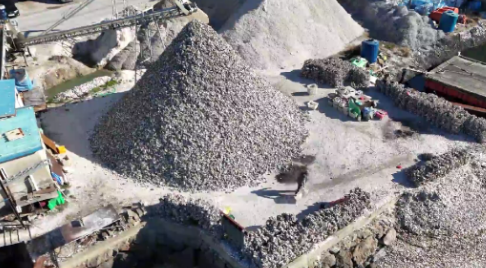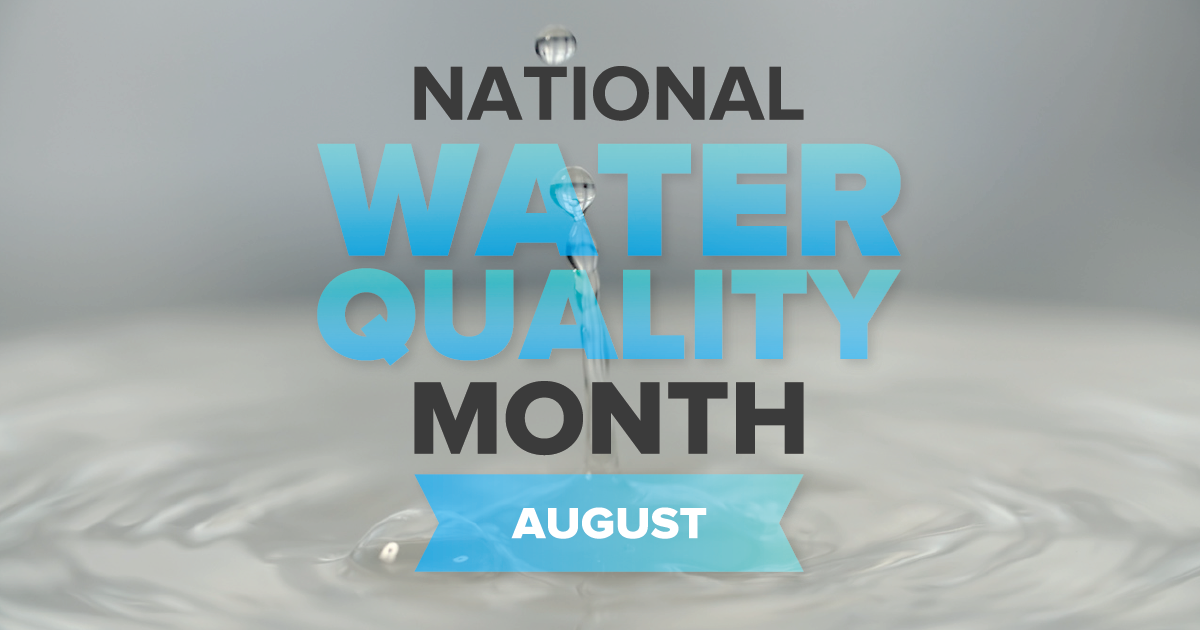
BLUELABS' Sustainable Future Turning Waste into Water Treatment Solutions through Innovative Processes
The Environmental Issues of Oyster Shells
Approximately 5.3 million tons of oysters are produced globally each year, with South Korea second in production. In Tongyeong alone, about 200,000 tons of oyster shells are discarded annually. The Ministry of Oceans and Fisheries reports that abandoned oyster shells in South Korea exceed 1 million tons, severely threatening the marine ecosystem. Decaying shells produce wastewater that clouds the sea and blocks sunlight, disrupting marine habitats and causing unpleasant odors for nearby residents, making the issue of discarded oyster shells a long-standing problem.
New Value of Oyster Shells
BLUELABS was established in Tongyeong, where 70-80% of South Korea's oyster production occurs. Recognizing that over 90% of oyster shells are calcium carbonate, which can serve as a building material or pH regulator, Blue Labs views these shells as valuable resources rather than waste. By leveraging these eco-friendly materials, they developed a sustainable water treatment solution that effectively absorbs heavy metals and purifies water through a proprietary process.
Innovation at BLUELABS
BLUELABS is receiving support from the Oyster Cooperative’s “Eco-Friendly Treatment Support Project” for oyster shells and associated funding. They have also been certified by the Ministry of Oceans and Fisheries as an “Intermediate Treatment Business for Fishery By-products," allowing them to wash, separate, sort, crush, and recycle fishery by-products. After receiving the shells, BLUELABS crushes them, followed by extraction and substitution processes before drying and packaging their product called “Oyster Puri.”. This innovative, eco-friendly water treatment solution contributes to solving environmental issues by turning waste into a resource.
In June, BLUELABS held a startup briefing session for fishery by-products as a leading recycling company in this field. Experts from institutions like the Korea Marine Science and Technology Institute, along with around 40 fishery by-product recycling companies, participated to discuss the industry's development direction. Through this, BLUELABS solidified its position as a leading player in the recycling of fishery by-products.
Through these innovative processes, BLUELABS is not only protecting the environment but also laying the groundwork for a sustainable future.
